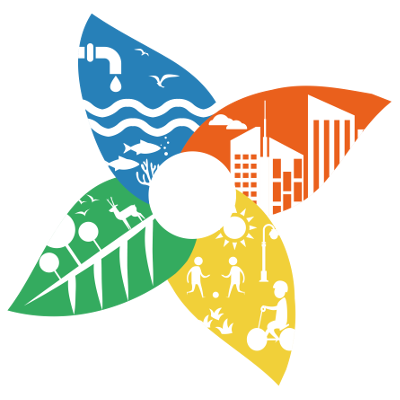Visiting exciting places, meeting interesting people and learning about new things is what inspires me most. Mobile labs, a new research methodology used by the Naturvation team (and other European research projects like GUST or Urban Sharing), offer all of this in one day. I get out of my office with a bunch of colleagues, jump on the bus and come to the city, where our mobile lab journey begins.
Participating in a mobile lab is similar to being a very curious urban tourist. You get a chance to visit various organisations, talk to different people, ask questions and take photos and videos. And, of course, you can enjoy walking the streets of the city, stroll along its riverbanks and seacoasts, climb up its green roofs, observe bees making honey in a city park or chickens walking busily on an urban farm, and taste soup from vegetables grown in a community garden.
This day of retreat may look rather spontaneous and easy-going while in reality behind it hides a well-structured planning process. It all starts by searching for relevant organisations and people, booking meetings and tours with them, reading about the subject of inquiry, developing interview questions and assigning roles in the research team. During every meeting each team member has one or more tasks. These can be introducing the team and the purpose of the visit, asking certain questions, checking that all important answers have been received, taking notes and photos, or making sure that an audio-recorder is on. Data analysis starts already “on the go”, when team members discuss their immediate impressions and thoughts, and continues long after the mobile lab has finished and all collected material has been fully documented and organised.
What is good about mobile labs is that you can actually experience the subjects of the study – in our case nature-based solutions in cities – and not just read about them. This builds a different depth of understanding and makes abstract things tangible. In addition, mobile labs are a team activity, and are therefore an exciting team building exercise, in which researchers learn from each other, exchange their experiences and develop common memories and reference points, which are extremely useful in their collaborative work afterwards.
Yuliya Voytenko Palgan is a Associate Senior Lecturer at The International Institute for Industrial Environmental Economics at Lund University working on the NATURVATION project.
